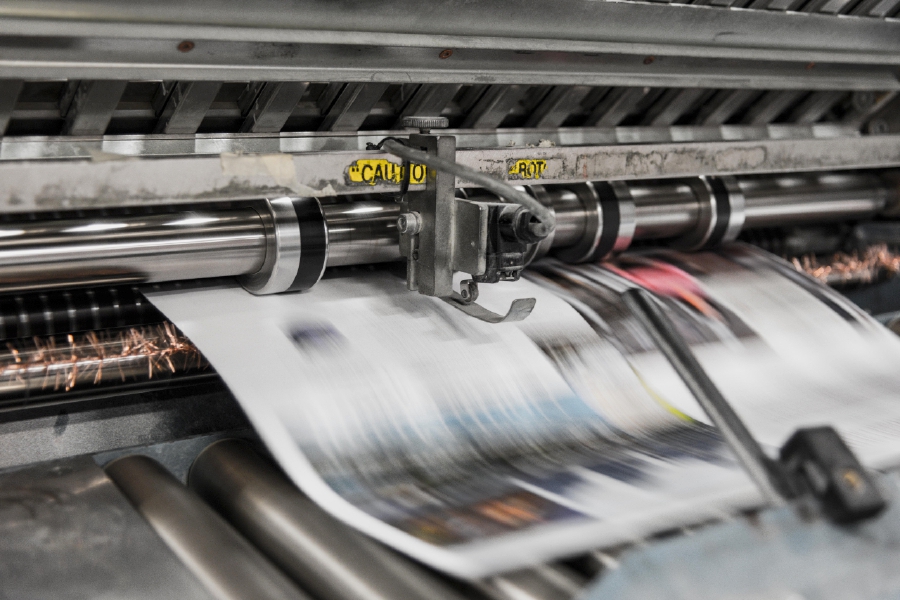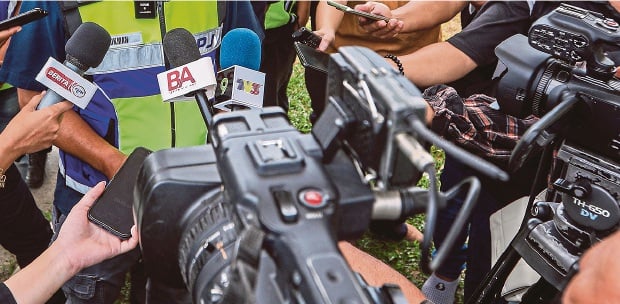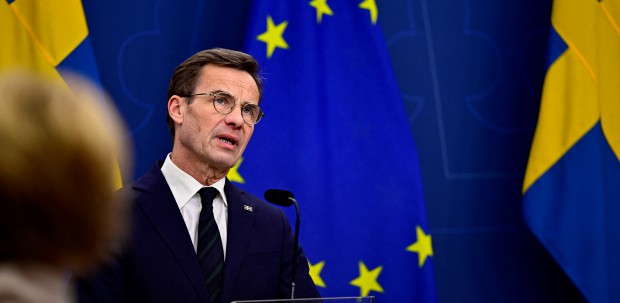GOOD journalism, the one that speaks truth to power, is under threat in many places. But nowhere is it subtly so than in Hungary, Serbia and Poland. So reveals the Democracy Report 2021 produced by V-Dem Institute, a Swedish university research institute, which classifies the three countries as electoral autocracy.
Interestingly, the V-Dem Institute puts Malaysia and Singapore in the same ugly basket. But this has to be a Leader for another time. European "ugly" and Southeast Asian "ugly" aren't the same thing.
A New York Times report confirms the birth of this new subtlety in the Eastern European countries. Killing journalists or imprisoning them is very old school. As old as that of Serbia's Slobodan Milosevic.
After all, Milosevic was known as the "Butcher of the Balkans", with 200,000 deaths to his name. Now, it is about destroying good journalism's credibility. And if that doesn't work, the masters of subtleties make sure that people don't get to see such journalism. Spike and the news disappears. Only now it is subtler than that.
Start with Serbia and begin with the inane visa travails of Novak Djokovic in Australia. To be fair to our neighbour Down Under, it was nothing more than about applying the rules of entry into Australia on a non-citizen.
There was neither politics nor geopolitics at play there in the dozen or so days that went by. True, Australia could have been more competent at handling the issue. No, not because a world-class tennis player was involved.
That shouldn't matter. Not at all. Be it Tom, Dick or Harry, rules are rules. And in the case of Djokovic, it appeared to be a case of the right hand not knowing what the left hand was up to.
That's about it. But not to the Serbian government and the Serbian media viewing the world from that perspective. To them, it was an affront to the Serbian nation, as the words of Serbian President Aleksandar Vucic coming out of Belgrade reveals: the Australian authorities harassed the world's best player for 10 days to eventually give him the decision they made on the first day.
No such evidence, we say. Besides, diplomacy dictates such words to be unnecessary. Moreover, Djokovic took the verdict like a good sportsman. Serbia should, too. But Vucic is right though. Australia could have just told the tennis star, no vaccine, no entry.
Television viewers, too, are only "seeing" what the government "sees", according to Birodi, a think-tank quoted by the Times. The reason isn't hard to see. In a recent survey of news reports on Serbian television, it found that over a three-month period from September, Vucic was given more than 44 hours of coverage, 87 per cent of it positive, compared with three hours for the main opposition party, 83 per cent of which was negative.
Poland's public broadcaster, TVP, is said to be travelling a similar path south. If the Times is right, Poland's state-run oil company has taken over a string of regional newspapers. Will they assail the owner for being the country's worst polluter? Unlikely.
To be fair, the Polish government does get some bad press there. Hungary is perhaps the worst of the three. As election nears in April, the news is Prime Minister Viktor Orban is consolidating the news outlets under one umbrella.
He might as well call it the National Ink. Parrots are welcome.





